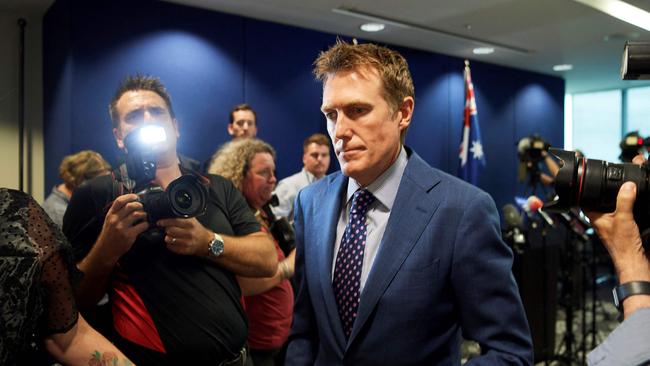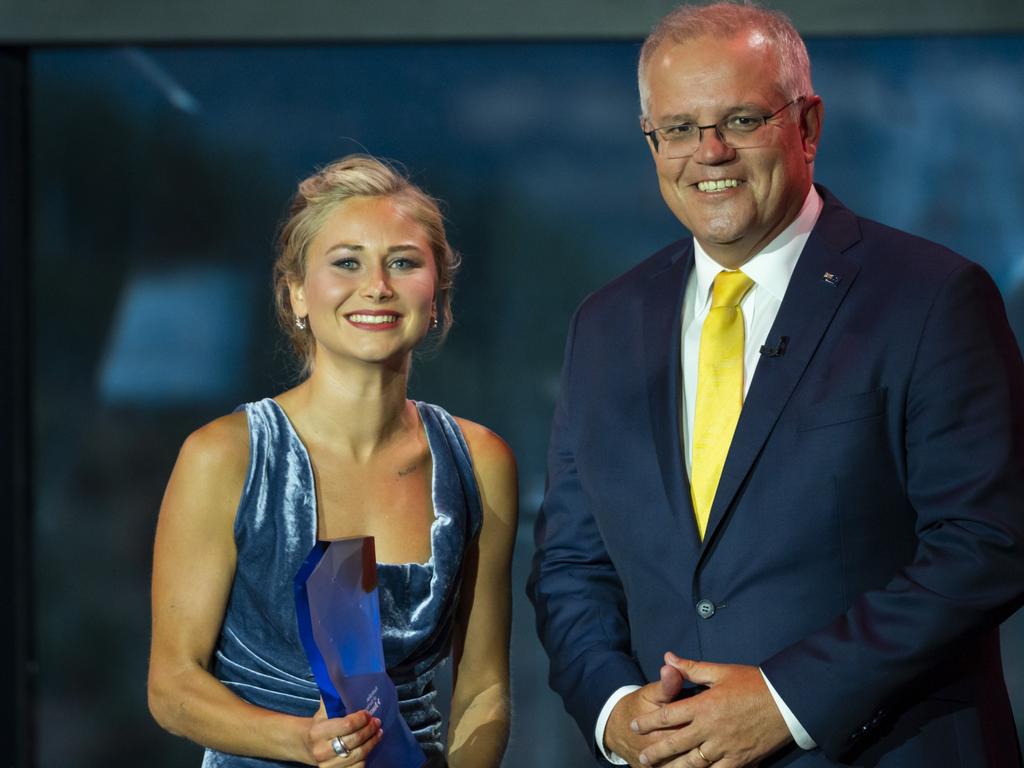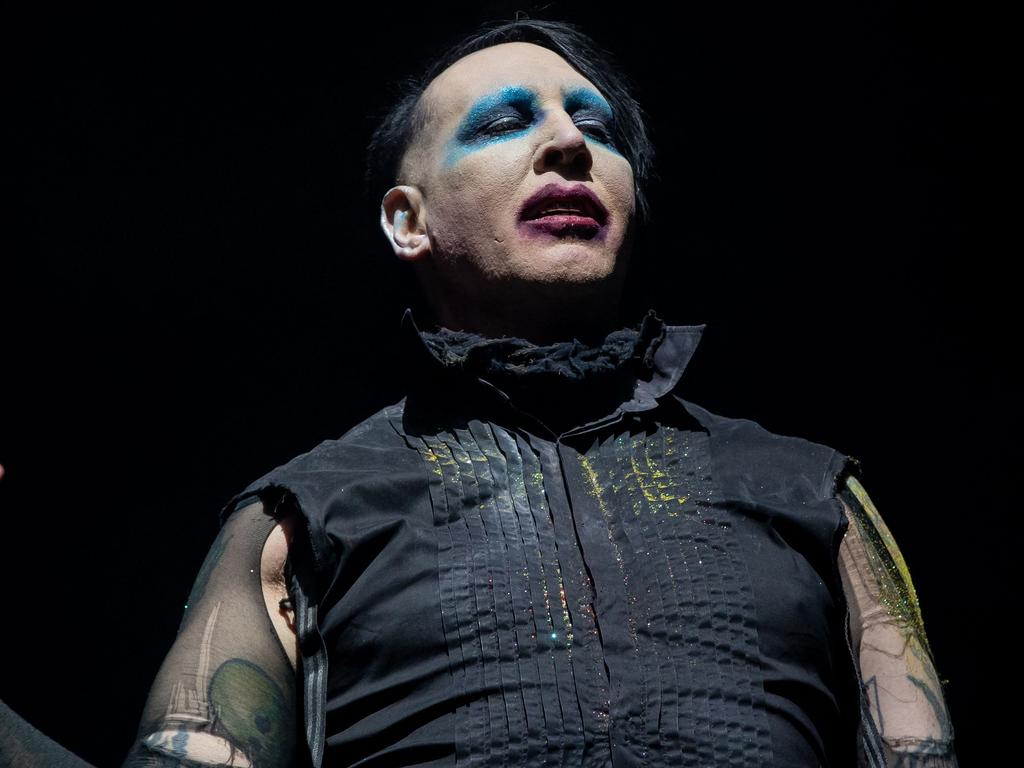Political stunt takes focus off the most vulnerable
Rape is one of the ghastliest crimes, yet it’s being used as a transparently political ploy to distract and destabilise the government.

Rape is rape, whether it happens behind the pub or in Parliament House. So far, none of these accusations has amounted to a prosecution, but in the meantime the reputation of one male minister has been almost terminally besmirched, the physical health of a female minister has been damaged and the Prime Minister has had doubts cast on his humanity because he talked to his wife — although many women might think it a good idea if more men would talk to their wives.
As a woman, as a wife and as a mother who for 30 years has lived on the fringes of the so-called Canberra bubble, I am angry about these accusations. Why? Because rape is a serious crime. It is a negation of human dignity, one of the ghastliest things that could happen to anyone, yet it was being used as a transparently political ploy to distract and destabilise the government.
Not only that, but when the initial onslaught of the Brittany Higgins affair did not dent the government’s standing in the polls, the same cabal led by the ABC brought up another alleged incident over 30 years old, involving a dead woman whose parents did not want the incident aired. Christian Porter, the accused man, was treated appallingly. No one even told him the substance of these accusations, which he has vehemently denied.
The intervention of Malcolm Turnbull, who appeared on ABC TV’s 7.30 even questioning the nature of the woman’s death, is bizarre and horrifying. All the calls for an inquiry are nothing but a sham to keep the whole scandal on the boil. Justice for a crime is not a matter for inquiries, it belongs in the legal system. It belongs in the courts of law, not in kangaroo courts of inquiry.
Of course, the whole tawdry affair has reflected very poorly on the after-hours behaviour of young staff, but the notion that Canberra, specifically Parliament House, is a hive of potential rapists is ludicrous. Canberra, or rather the parliament, doesn’t have a particular workplace problem or a toxic culture. Up to 5000 people work there during sitting times and the culture of male and female relationships is certainly no worse than many law firms. If anything it might be better. There is no way that people’s after-hours behaviour can or should be policed. These are young adults, not children.
However, although the political culture of Canberra might not have a particular problem, perhaps Australian society does.
Social mores between the sexes in all workplaces in recent years, rather than becoming more correct, have become more lax. If social mores don’t change and there is some sort of miracle return to traditional values of restraint and respect in male-female relations, then we just have to get used to this kind of behaviour.
Our Australian social mores are in general pretty laissez faire. It is a hallmark of the national culture and it is certainly not a bad thing. We are casual and relaxed, and we dislike wowserism. But that casualness can be a two-edged sword.
In our hypersexual culture, social/sexual relationships are a problem in any milieu of young people who work hard and play hard, whether it’s a law firm or the political arena. In any big city many young adults act like adolescents who have not properly internalised the sense of propriety necessary when working closely with members of the opposite sex.
Nevertheless, well-educated and well-heeled consenting adults can generally look after themselves. But what hope is there for the children of the poorest and most deprived?
This week The Australian had a story and editorial decrying the fact a little child raped at Tennant Creek as a baby was sent back by the child protection authorities to live in an remote community. That shocking story is not isolated. It is part of the litany of abuse and rape of Indigenous children. I felt like crying and screaming when I read it. It is a far harsher reflection of Australian social values than the Higgins alleged rape story.
We live in two worlds in Australia: our world of affluence, obsessed with narcissistic gender politics and our “rights”, and the other the world of bleak Indigenous poverty, dispossession and neglect. However, those who cry “victim” in our world get a great deal more attention and support, than the very real little victims of that other world.
However, the carefully orchestrated Higgins affair is an important moment. It was a textbook case of trial by media, which may do two things. First, damage the government, but second reinforce the movement to change the rules of evidence in cases of rape. The rules of evidence in rape have already been modified so that cross-examination is not so stressful.
However, there are some who want the process to begin from a standpoint of believing the accuser, which under our system is neither right nor possible. However, the public airing of rape accusations makes the defence of any man accused now prejudiced and, as in the case of Porter, his career destroyed and his reputation compromised, possibly beyond repair.







For the past three weeks Canberra, the city where I live, has been labelled as having a “toxic culture” mired in a series of accusations of rape among the political class.